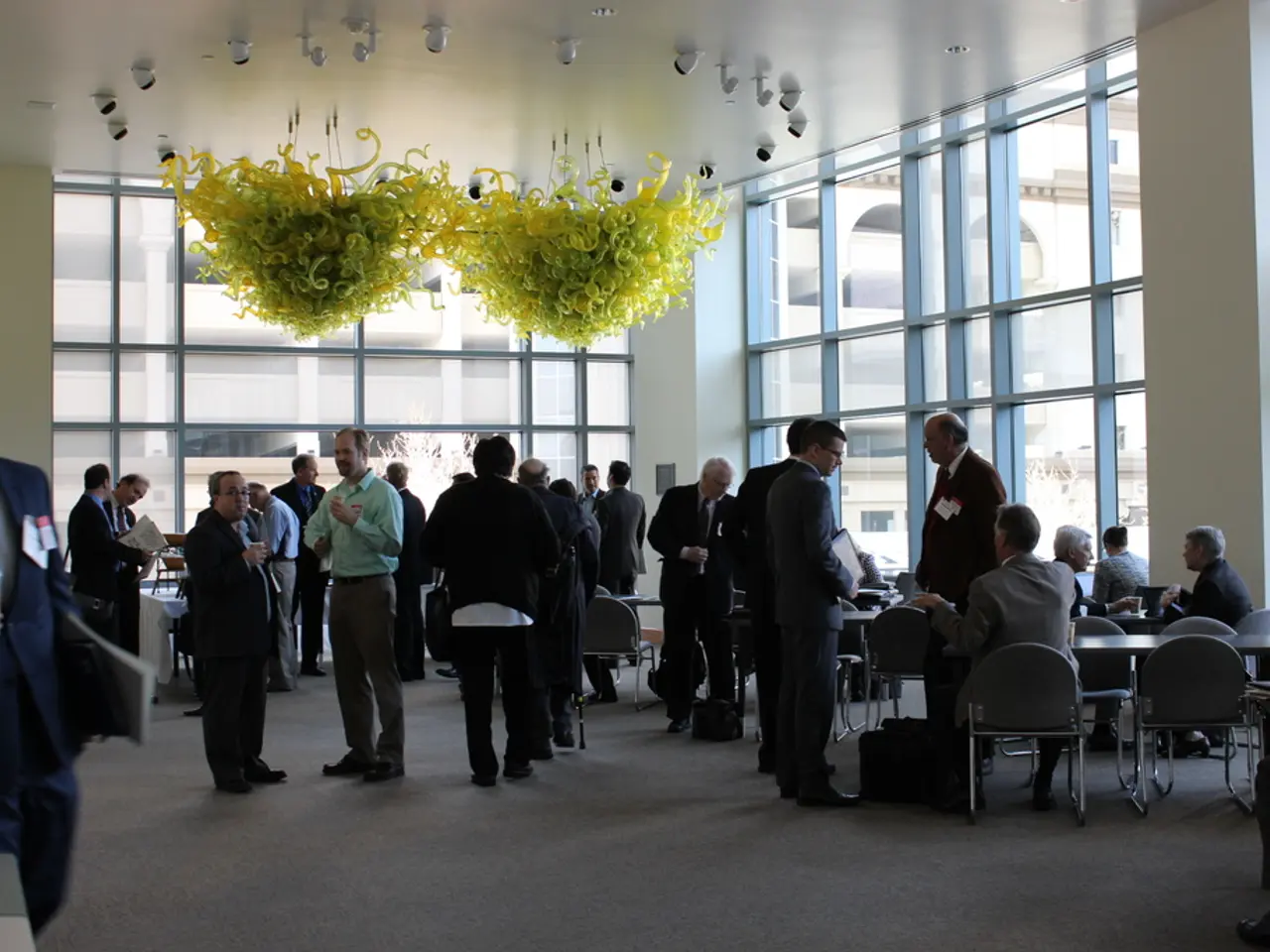Delving into the Idea of Active Nihilism
In a world where traditional answers to life's meaning seem increasingly elusive, a philosophical concept known as active nihilism offers a unique perspective on personal empowerment and authentic living. This approach, which encourages individuals to create their own purpose and meaning in the absence of inherent meaning, has been championed by philosophers such as Friedrich Nietzsche, Jean-Paul Sartre, and Martin Heidegger.
Active nihilism emerged in the 19th century, particularly in Russia, as a form of moral and epistemological skepticism challenging conventional beliefs and moral principles. The term was used earlier in medieval times but took on philosophical significance with figures like Russian nihilist writers and Nietzsche, who analysed its cultural and existential implications and sought to overcome nihilism through the creation of a "revaluation of values."
Nietzsche's concept of active nihilism is contrasted with passive nihilism, which is a resigned acknowledgement of meaninglessness leading to negation and nihilistic despair. Active nihilism, however, embraces this condition as an opportunity for personal and cultural renewal. It represents a dynamic engagement with nihilism—acknowledging the absence of inherent meaning but responding by actively shaping one’s own meaning and goals, rather than succumbing to despair or apathy.
Key philosophers behind the development of nihilism include Nietzsche, Russian thinkers and writers in the 19th century, and other figures who critiqued societal structures and traditional values. While other philosophical traditions, such as Stoicism, offer contrasting perspectives, they can be combined practically with nihilist insights to find personal meaning despite an absence of inherent universal meaning.
The benefits of active nihilism lie in its empowering potential. By recognising the absence of externally imposed meaning, individuals gain the freedom to create their own purpose, values, and direction. It encourages personal responsibility, creativity, and authenticity. This contrasts with passive nihilism, which can lead to despair.
In everyday life, active nihilism can be practically applied by embracing the freedom to define one’s own values instead of relying on inherited or societal norms. It uses the recognition of life’s inherent lack of absolute meaning as motivation to set personally meaningful goals. Active nihilism also cultivates resilience by encouraging individuals to confront life's challenges without relying on the illusion of meaning.
Active nihilism focuses on self-improvement, providing space for individuals to grow without external distractions. It encourages living in the present moment, maximising the impact of each experience and fully engaging with life. By embracing impermanence, appreciating the present moment for its fleeting nature, and freeing oneself from preconceived notions about life, active nihilism offers a unique perspective on life, empowering individuals to navigate uncertainties and shape their own path with purpose and intentionality.
In conclusion, active nihilism is not mere negation but an affirmative, creative stance towards life that uses the challenge of meaninglessness as a springboard for growth and value creation. It provides a practical and empowering approach to life for those seeking to create their own purpose and meaning in a world without inherent meaning.
References: - Britannica on nihilism history and Nietzsche’s role (2025) - Stoicism vs. Nihilism comparative analysis and practical applications (2025) - Nietzsche and the concept of active vs. passive nihilism (2025)
- Active nihilism's unique perspective on personal empowerment and authentic living contrasts with passive nihilism, which succumbs to despair in the absence of inherent meaning.
- Critical thinking and self-development, often associated with education and personal growth, can be combined with nihilist insights to create personal meaning in a world devoid of inherent universal meaning.
- Inspired by philosophers like Friedrich Nietzsche, Jean-Paul Sartre, and Martin Heidegger, active nihilism encourages individuals to respond to the absence of inherent meaning by actively shaping their own purpose and goals.
- Embracing active nihilism requires personal responsibility, creativity, and authenticity, allowing individuals to define their own values instead of relying on inherited or societal norms.
- Mindfulness and cultural renewal are integral to the dynamic engagement with nihilism proposed by active nihilism, which provides a unique perspective on life and encourages individuals to confront life's challenges without the illusion of meaning.
- Personal growth, empowerment, and value creation become attainable through the philosophical concept of active nihilism, as individuals navigate uncertainties and shape their own path with purpose and intentionality.
- In the realm of existentialism and philosophy, active nihilism offers a practical and empowering approach to life, affirming that the challenge of meaninglessness can serve as a springboard for growth and self-improvement.





